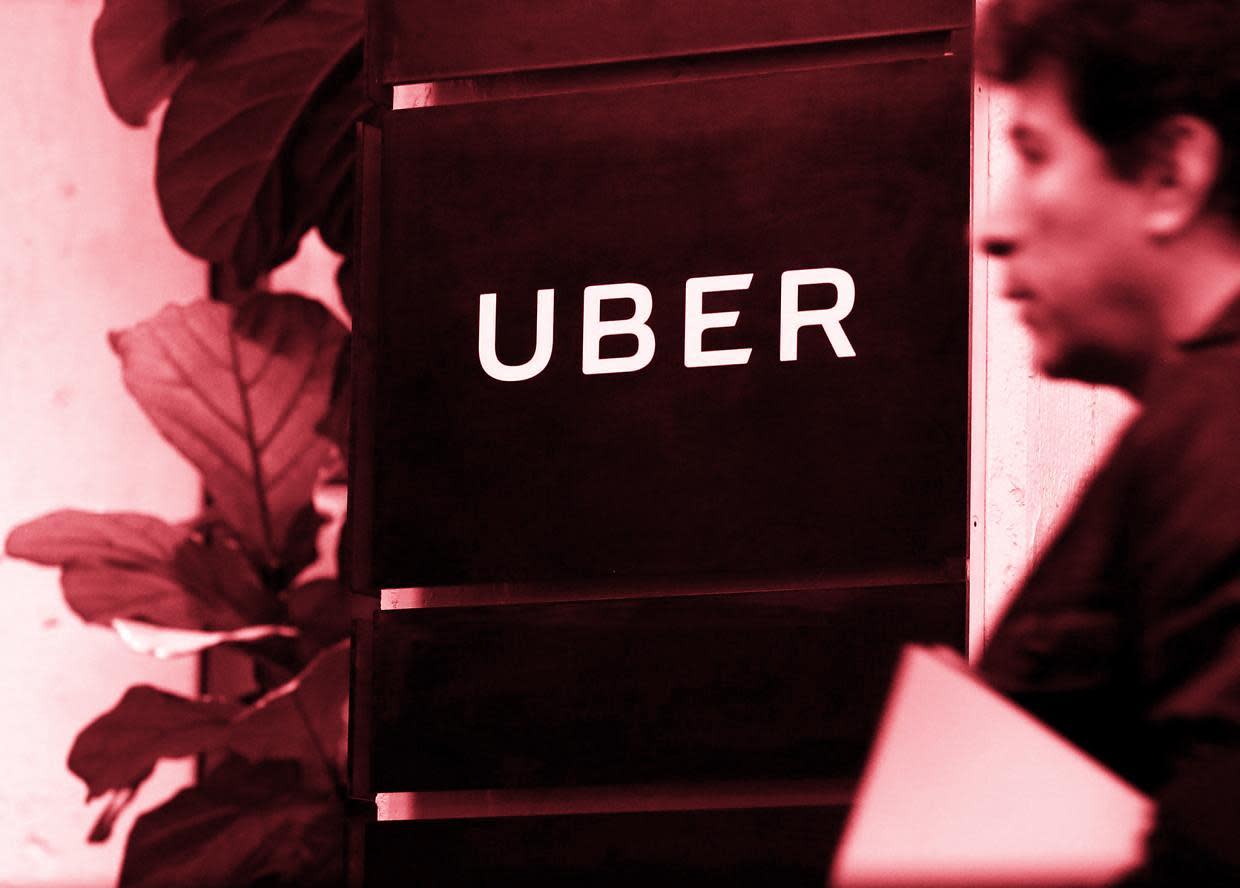Uber needs to be given a chance to reform now its 40,000 drivers face losing their jobs

Whether Transport for London is right or wrong to refuse to renew Uber’s licence to run its taxis in the capital, the timing and manner of the decision will be hugely damaging and disruptive to Uber’s 40,000 drivers, as well as its millions of passengers, and could have implications for the other towns and cities where Uber’s app is actively used.
In just a few weeks – assuming the appeal Uber has launched fails at the end of the 21-day process – every Uber driver will be faced with losing some or all of their livelihood. Some may join other, more conventional minicab companies, perhaps with even worse terms and conditions than those they currently enjoy with Uber. For others, it may be the end of the road.
For all its well-publicised shortcomings, Uber’s form of employment made perfect flexible sense for many of those contracted to it. Such freedom to work or not, and at what times, may be denied to them in the new regime. None will be able, in the short run at any rate, to opt to become black cab drivers because of the time taken for training and to acquire “The Knowledge”.
Meantime, all those Toyota Priuses (apparently the Uber chariot of choice) hired on lease agreements will need to be funded by the drivers with little or no income coming in. A sudden glut of them on the secondhand car market will do nothing for their resale values. Thus, some will face ruin.
Whatever else, the manner of this decision is chaotic and will bring misery to the very people – Uber drivers – who have turned to the authorities for justice and protection.
The other people affected are of course Uber users, some three million of them, who are now faced with more expensive and less safe modes of getting home late at night or when they are otherwise vulnerable – especially female passengers. Despite the assaults committed by a minority of Uber drivers, they are far from unique in their propensity to commit crime; and many young women would feel much less secure travelling by night bus, Tube or walking. Certainly that is a perception shared by many. The argument could be made that the licensed black taxi is generally safer and more reliable anyway (though black cab drivers have also been charged with sexual assault in the past) but it comes at a price that some simply cannot or will not pay. That is the reality – and this sudden withdrawal of the Uber service will hurt the personal security of many users.
All that said, Transport for London was right to identify the serious weaknesses in the Uber operation that led to the licence being withdrawn. There were longstanding concerns about safety and security, about background checks on drivers, the use of the software and Uber's ability to share information with the authorities, and report serious offences to them.
The firm was not a fit and proper holder of a private hire licence in its current form; so the licence was withdrawn. TfL acted entirely within the law and within the spirit of its “quasi-judicial” role in interpreting and implementing the rules as laid down by Parliament. What is unsatisfactory – indeed disastrous – in this procedure is that it offers Uber (or any other operator for that matter) no opportunity to reform and improve their behaviour with a view to retaining their licence. It is an inherently unstable and unfair way to regulate the taxi trade in one of the world’s great cities.
If Uber can now rectify the failings TfL has found, then it should be allowed to continue to operate, if needs be conditionally; at the very least the winding-down of its services should be played out over a much longer timescale than three weeks flat.
It is ironic that at a time when there is a growing consensus towards strengthening workers’ rights, and including Employment Tribunal rulings against Uber, that Uber drivers should be given such minimal notice and no compensation for being made, in effect, redundant. That cannot be right. TfL and the Mayor of London, Sadiq Khan, need urgently to restore some order to the system.

 Yahoo News
Yahoo News 
